Rockstar’s parent company, Take-Two Interactive Software, has filed a formal complaint against reverse-engineering modders who Take-Two claims infringed on its game’s copyright.
In the complaint, Take-Two interactive takes aim at several of the developers of two projects called “re3” and “reVC,” which stand for reverse-engineered GTA 3 and reverse-engineered GTA: Vice City, respectively.
The suit takes aim at five individuals who Take-Two claims have developed derivative software code that allowed players to get their hands on the two games on any platform, even those the company hasn’t published the game on, such as the PlayStation Vita and Nintendo Switch.
Take-Two also claims that the defendants have recreated the underlying software for the game with changes and improvements to the original game. The defendants posted the software on the website GitHub.com, which is a site that allows members of the public to view, collaborate on, and distribute software code.
The lawsuit comes after Take-Two alleged that the defendants successfully countered three DMCA requests to take down the infringing content from GitHub, but those counterclaims were filed mistakenly and were not legitimate. In fact, Angelo “AAP” Papenhoff, one of the defendants, told Eurogamer in June that he was worried filing a counterclaim would initiate a lawsuit.
In that same article, AAP said “we figured we have a good case for fair use on the grounds that we are improving and fixing the game as well as bringing it to new platforms.”
Take-Two doesn’t agree. The company believes that the counterclaims were filed in bad faith and “knowingly and deliberately misrepresented to GitHub the contents” of the code.
Fair use is a defense to copyright infringement claims, but it’s purposefully vague and is often misinterpreted by the general public. There are four factors that the court uses to determine whether something is fair use: the purpose and character of the use, which does include whether it is for commercial or for non-profit educational purposes, the nature of the copyrighted work, the portion of the work that was used, and the effect of the use upon the potential market.
The last factor is what Take-Two is relying on, especially in pointing out that the games were able to be used on PlayStation Vita and Nintendo Switch platforms, as well as distributed for free to the general public. Whether defendants can argue that the work is derivative enough to amount to a fair use defense will be up to the court.
Reverse-engineering, according to techtarget.com, is “the act of dismantling an object to see how it works.” The knowledge gained from the practice can be used to recreate the objects or create similar objects with added enhancements. This will be a large factor in the lawsuit for the defense, considering there will likely be an argument about whether the code the defendants used is considered copyright infringement.
In the prayer for relief, Take-Two first asked for all of the source code and games be removed from the internet and asked that the developers deliver all of the infringing content to Take-Two. It also asked for any actual or statutory damages and attorney’s fees.
It will be a while before anything else comes of the lawsuit. The first meeting to manage the case isn’t scheduled until December and a trial may not take place until late next year—if it even gets that far. The defendants have 30 days from Sept. 2 to answer the claim.


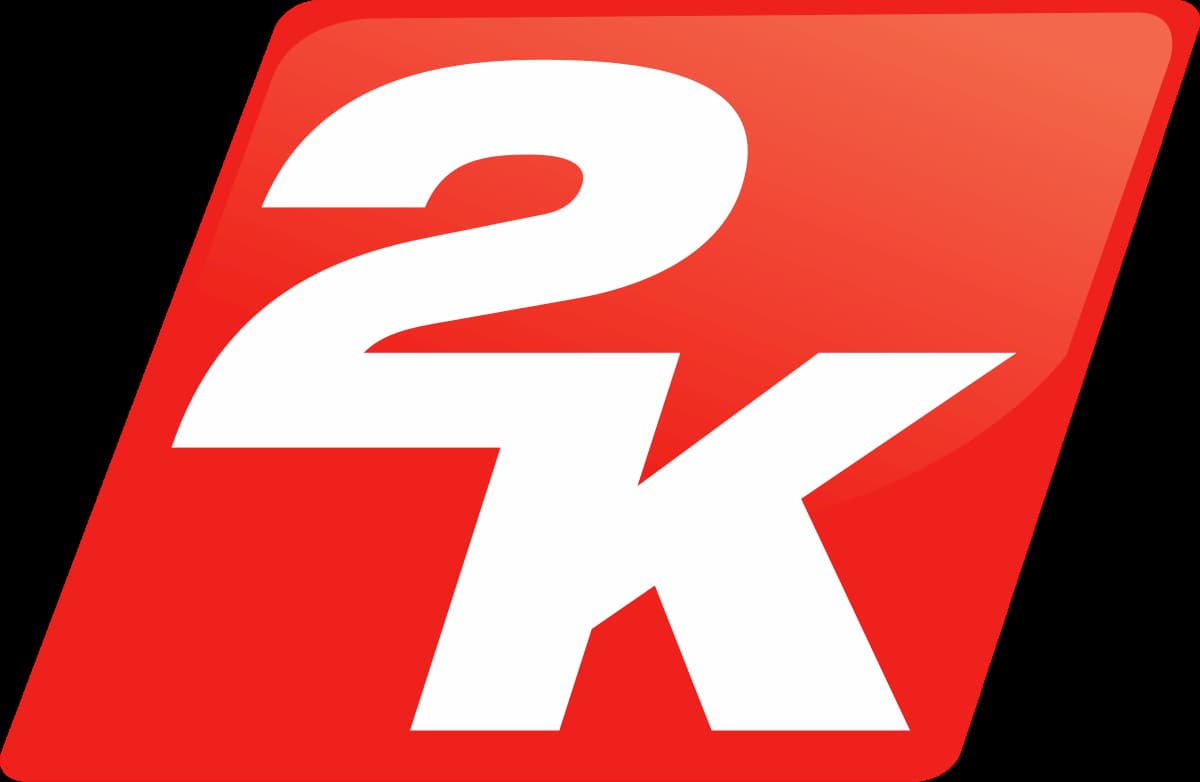
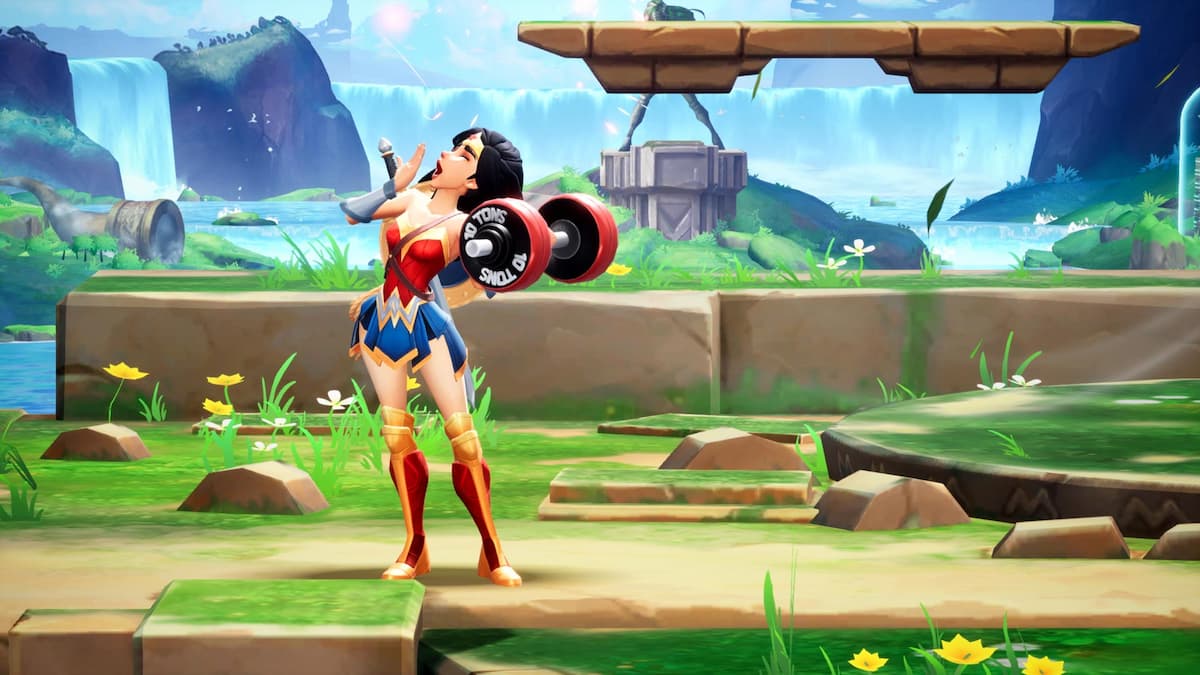


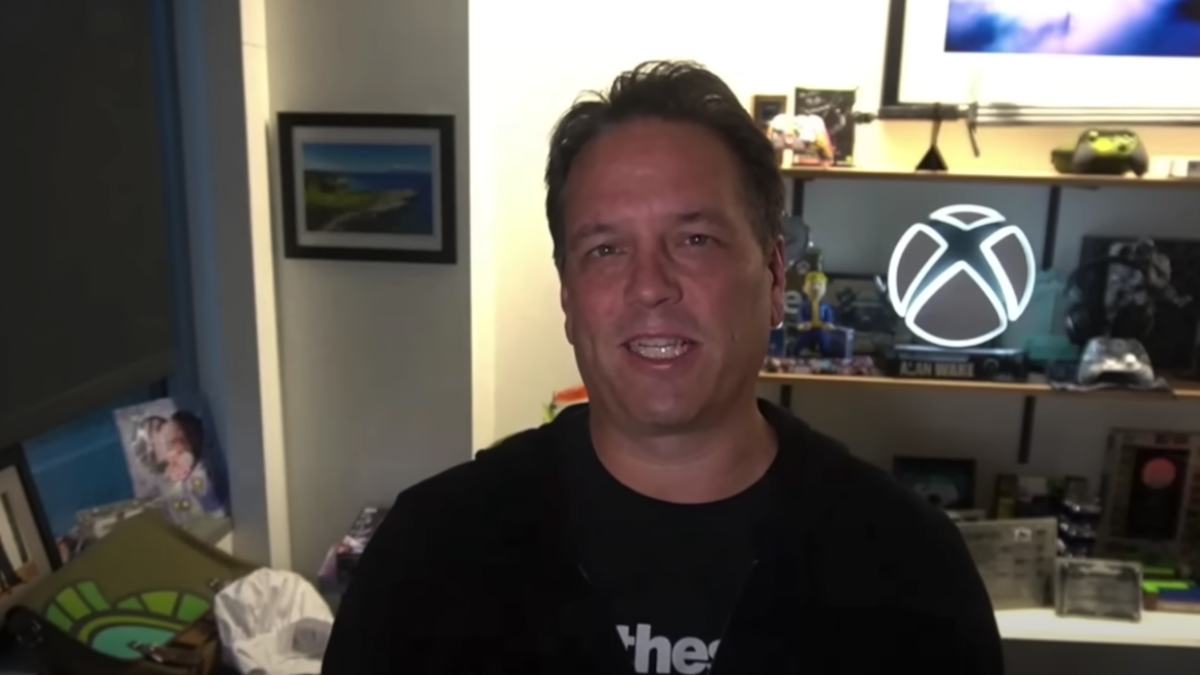
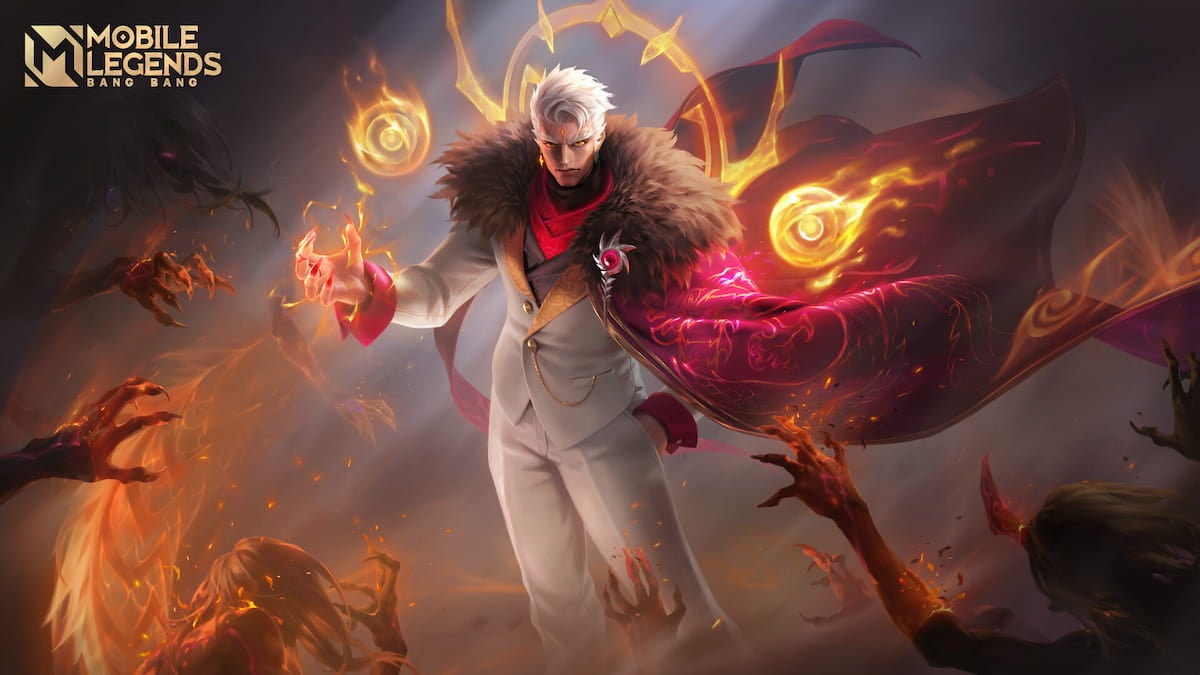
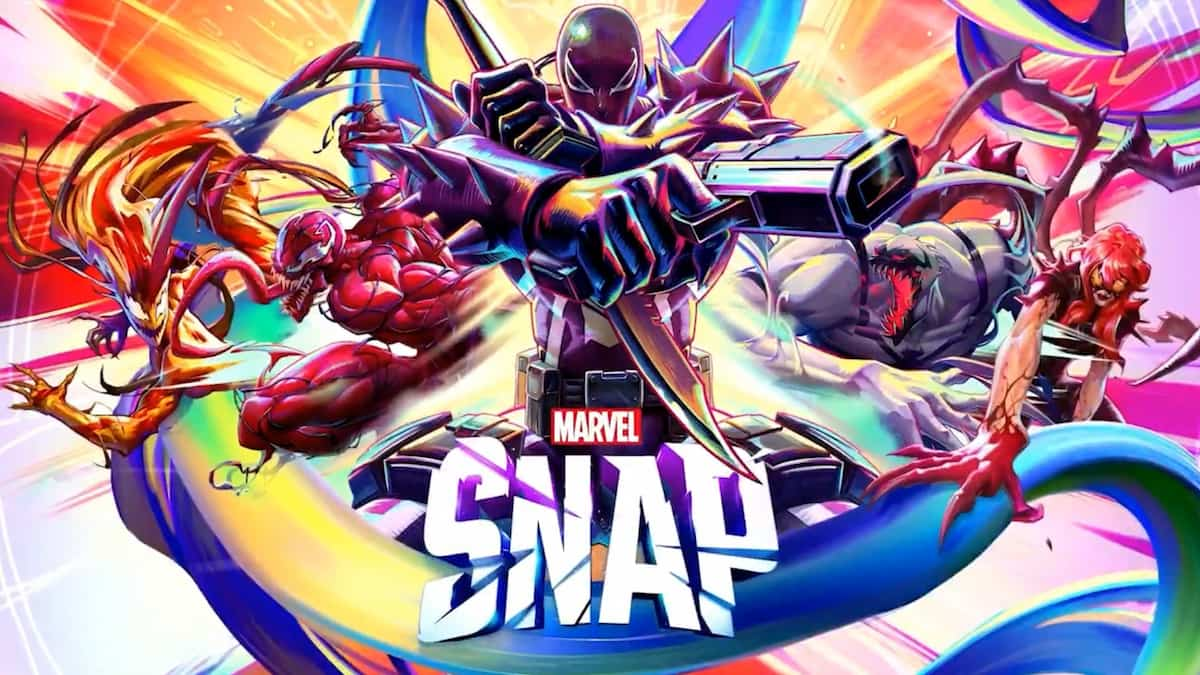
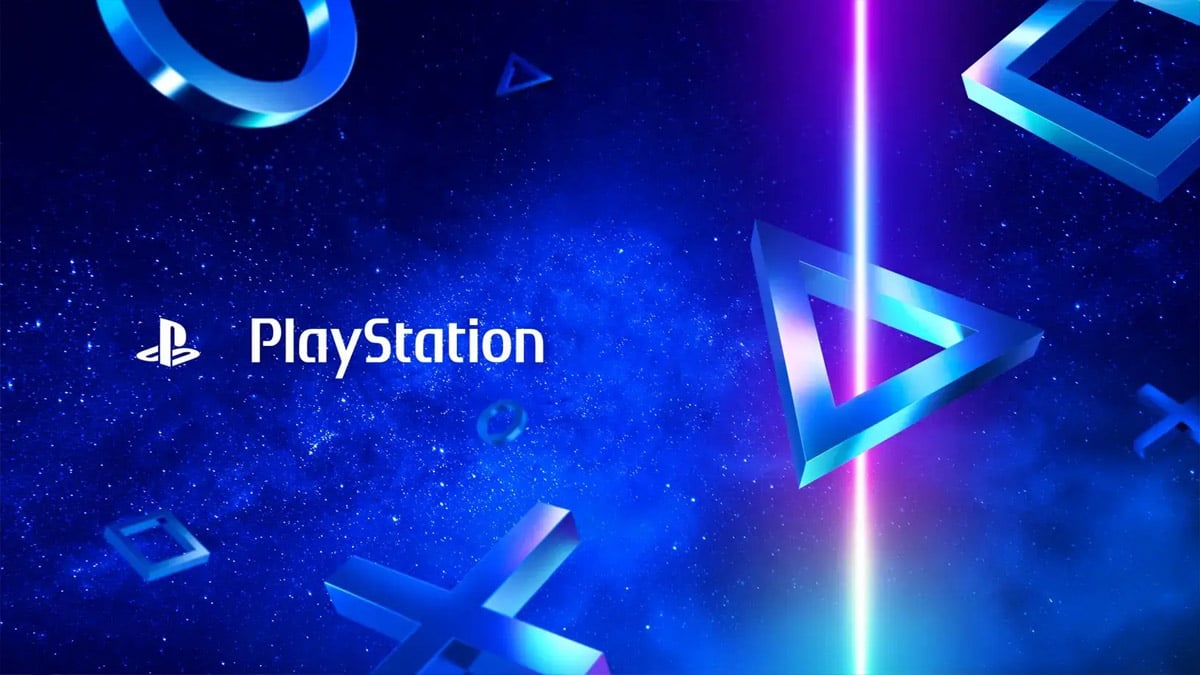
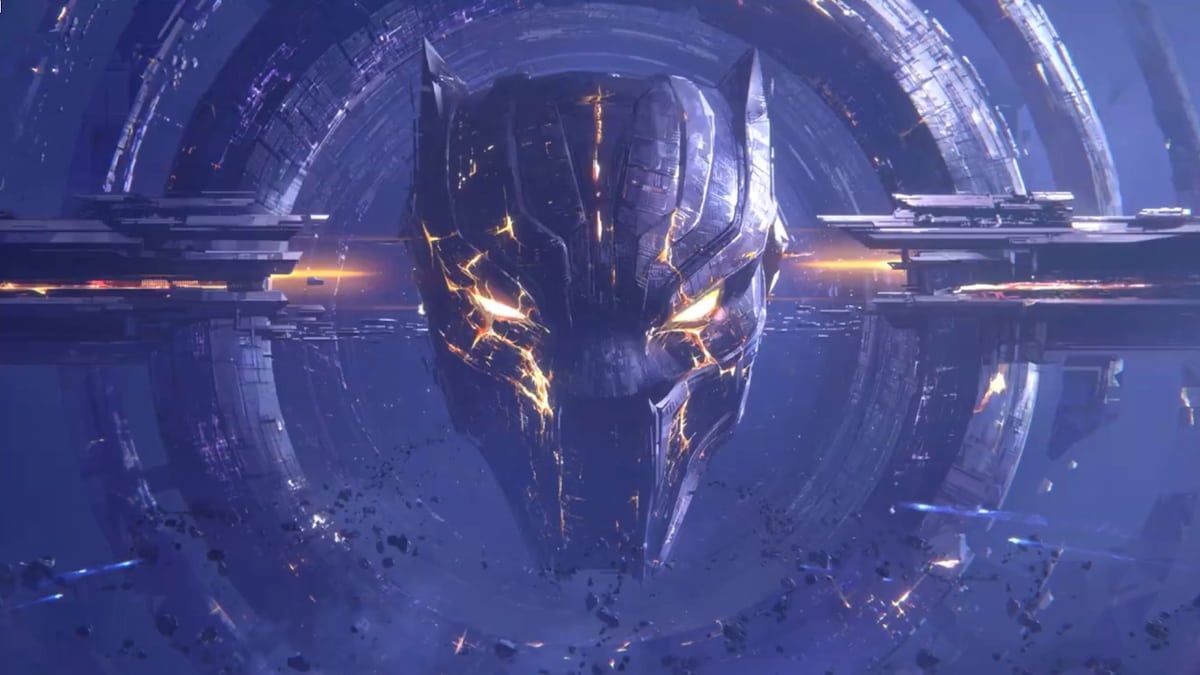

Published: Sep 3, 2021 11:26 am